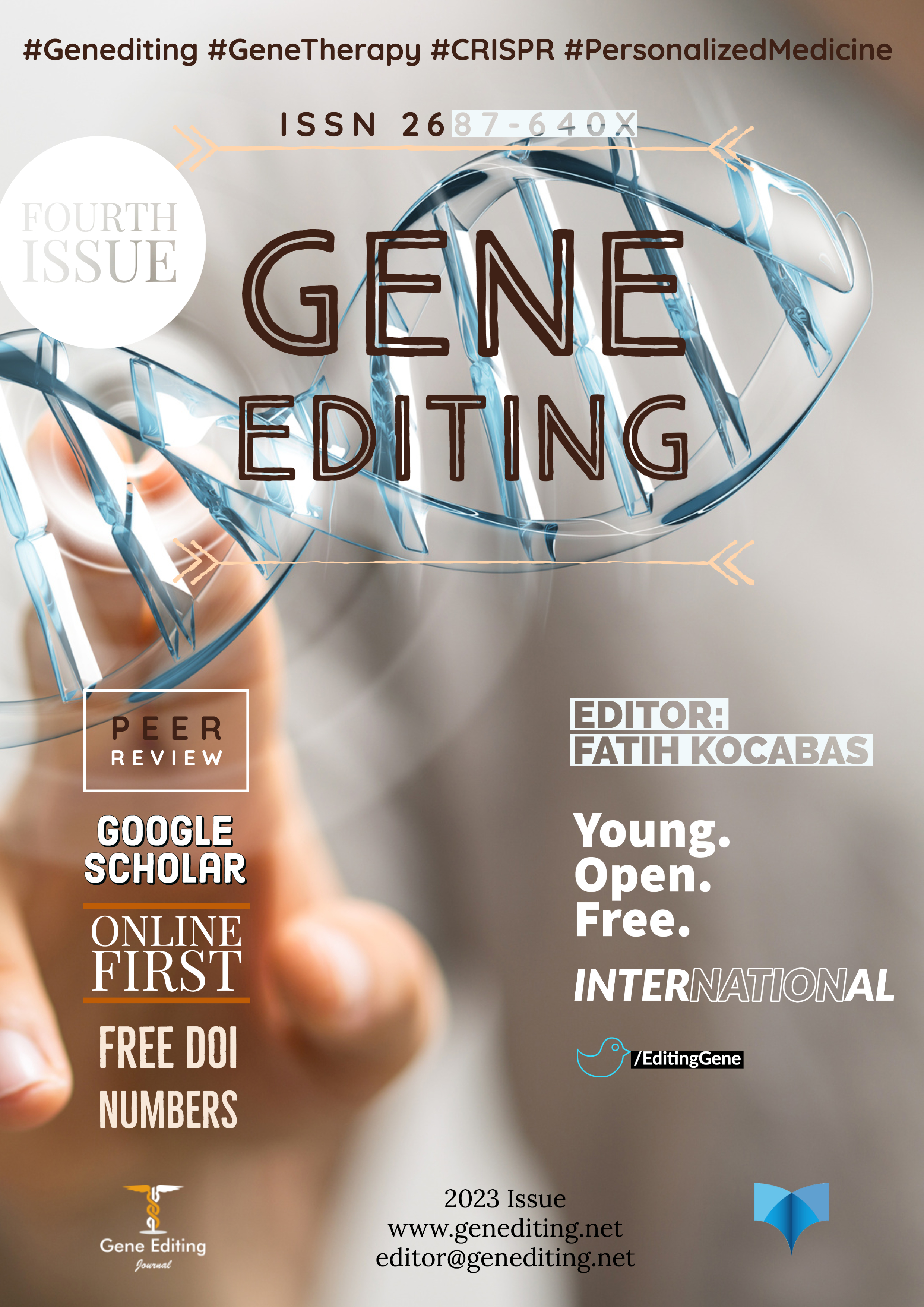Author :
Abstract
Keywords
Abstract
Bacteria are becoming increasingly resistant to antibiotics used in recent years, and antibiotics used today cannot resist this resistance gained by bacteria. The presence of antibiotic-resistant bacteria is shown as a cause of disease that is reported to cause the most deaths in the world in the coming years. Because people resort to the use of more effective antibiotics in high doses to kill these resistant bacteria after they infect our bodies and to counter the resistance they have gained. However, since antibiotics in high doses also affect and kill the healthy microflora of the human body, they are likely to cause side effects and serious problems. Escherichia coli is a bacterium commonly found in the intestines of humans and animals. Although it normally lives in your intestines, some types of E. coli can enter the blood from the intestines. This can result in serious illness. In cases where it mixes with the blood, it can cause many infections such as diarrhoea, respiratory tract problems, urinary tract infections and blood infections, especially in children. Urinary tract and intestinal infections caused by antibiotic-resistant strains of this bacterium, which do not pose a threat to human health under normal conditions, are becoming more common and dangerous. Among the E. coli strains, O157:H7 is the most harmful and deadly strain. The inadequacy of antibiotic treatments applied against resistant bacteria can lead to more deadly results. Fewer and fewer antibiotics are being produced to kill antibiotic-resistant bacteria because the spectrum of antibiotics is about to run out. The thesis, it is aimed to render antibiotic-resistant E. coli bacteria non-resistant in vitro by using the CRISPR/Cas system, which is the genome editing tool of the 21st century, to prevent all these. Thanks to the CRISPR/Cas system, only methicillin antibiotic-resistant E. coli bacteria will be sensitized or killed without harming the healthy bacteria in the microflora. This project will prove that antibiotic-resistant bacteria, a global health problem, can be sensitized. Thus, CRISPR will be able to use as an alternative antimicrobial agent to antibiotics in the future and will facilitate the production of antimicrobials with CRISPR technology.
